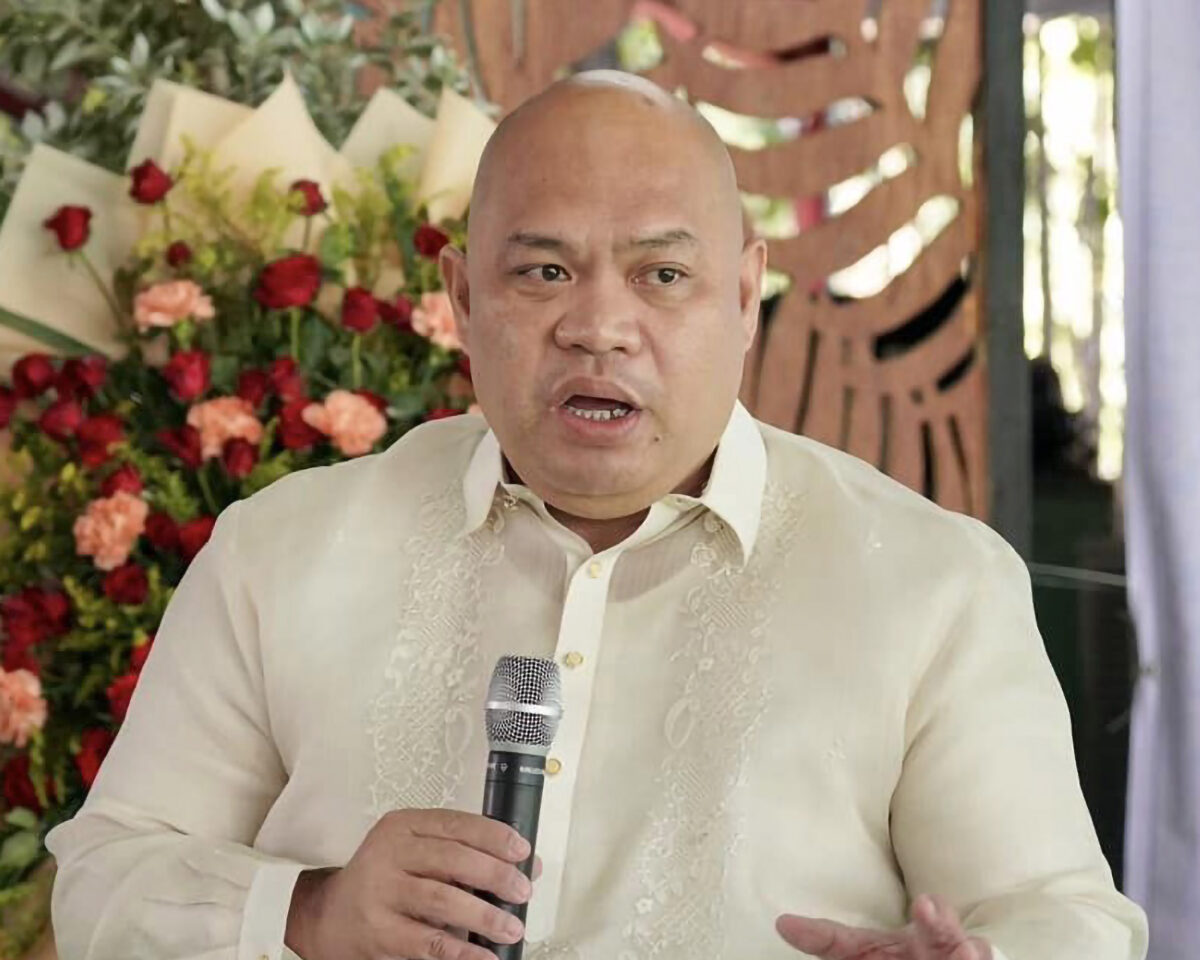Ombudsman sacks BFAR chief over P2-B transmitter deal

Demosthenes Escoto PHOTO FROM THE OFFICIAL FACEBOOK PAGE OF BFAR
MANILA, Philippines — The Office of the Ombudsman has dismissed the head of the Bureau of Fisheries and Aquatic Resources (BFAR) after finding him guilty of grave misconduct in connection with the 2018 purchase of a monitoring system for fishing vessels that proved to be disadvantageous to the government.
BFAR National Director Demosthenes Escoto was meted the penalty for his role in what state prosecutors described as an “anomalous scheme” in the procurement of transmitters and transceivers for catcher vessels aimed at protecting the country’s marine resources from unregulated fishing.
READ: Bongbong Marcos told: Fishing vessel monitoring project of BFAR is ‘tainted with corruption’
Agriculture Secretary Francisco Tiu Laurel Jr. named Isidro Velayo Jr. as the officer in charge (OIC) of BFAR to ensure no disruption in the operations and implementation of the bureau’s major projects.
“My marching order to him is to ensure that operations of the agency will not be affected by this legal development,” Laurel said in a statement on Wednesday.
In a 23-page decision dated Feb. 5 but made public only on Wednesday, the Ombudsman flagged Escoto’s acceptance, as the chair of BFAR’s bids and awards committee (BAC), of an “unqualified” company for the procurement, which was originally supposed to be funded by a French loan.
The Ombudsman, however, found “no substantial evidence” that former Agriculture Assistant Secretary Hansel Didulo, Escoto’s fellow respondent, had an “active participation in the anomaly” and cleared him of the same administrative charge.
Unregulated fishing
In the complaint filed by lawyer James Victoriano, Escoto and Didulo were accused of acting against the interest of the state in the awarding of the P2.1-billion contract to SRT-United Kingdom (UK) for the purchase of 5,000 units of transceivers for catcher’s vessels.
The “Philo” project, short for the Integrated Marine Environment Monitoring System Project Phase II, was launched to institutionalize a tracking system through transmitters that will guard the country’s marine resources against illegal and unregulated fishing.
In April 2016, the Department of Finance and the French government entered into a loan deal that would set the conditions of the grant, one of which required that the supplier should come from France.
However, only two companies joined the bidding, with one of them immediately disqualified.
SRT-France, a subsidiary of SRT-UK, won the contract, but upon scrutiny by the French Embassy, it turned out that the 1-month-old company was also not eligible, as it had no manufacturing facilities or any recorded activity in the European country.
Ballooning cost
This led to the revocation of the contract with SRT-France, and the reopening of public bidding.
The disqualified company’s parent firm, SRT-UK, which was incorporated in the United Kingdom, made a bid and was declared the winner.
Because SRT-UK was not French, the awarding of the contract resulted in the cancellation of the French loan, which meant the Philippine government needed to fully shoulder the cost of the project.
From the initial P1.7-billion budget, the cost ballooned to P2.1 billion.
“These series of events are circumstantial evidence proving that the contract for the Philo project was, at the very first instance, meant for Escoto to [award the contract] to SRT-UK,” the decision read in part.
It cited some suspicious developments, such as the “sudden creation” of SRT-France, the permission granted to it despite the BAC being aware that it would rely on its parent company, and the eventual nullification by BFAR of the French loan “in order to remove the French-related conditions.”
This, the decision added, “paved the way for SRT-UK to participate in the bidding… with expanded scope and increased cost.”
Therefore, according to the Ombudsman, Escoto committed grave misconduct and “conduct prejudicial to the best interest of the service” as BAC chair, having given “unwarranted benefit” to SRT-UK and SRT-France despite their ineligibility.
Escoto’s replacement, Velayo, was BFAR’s director IV and assistant director for technical services, having served as national coordinator of the agency’s seaweed program.
He was also the regional director for the BFAR office on Zamboanga Peninsula.
The Department of Agriculture said Escoto may still seek reconsideration of the Ombudsman’s decision or appeal it in the Court of Appeals.
Before spearheading the agency, Escoto was the OIC of BFAR’s legal division and later became assistant director for administrative services. —WITH A REPORT FROM JORDEENE LAGARE














